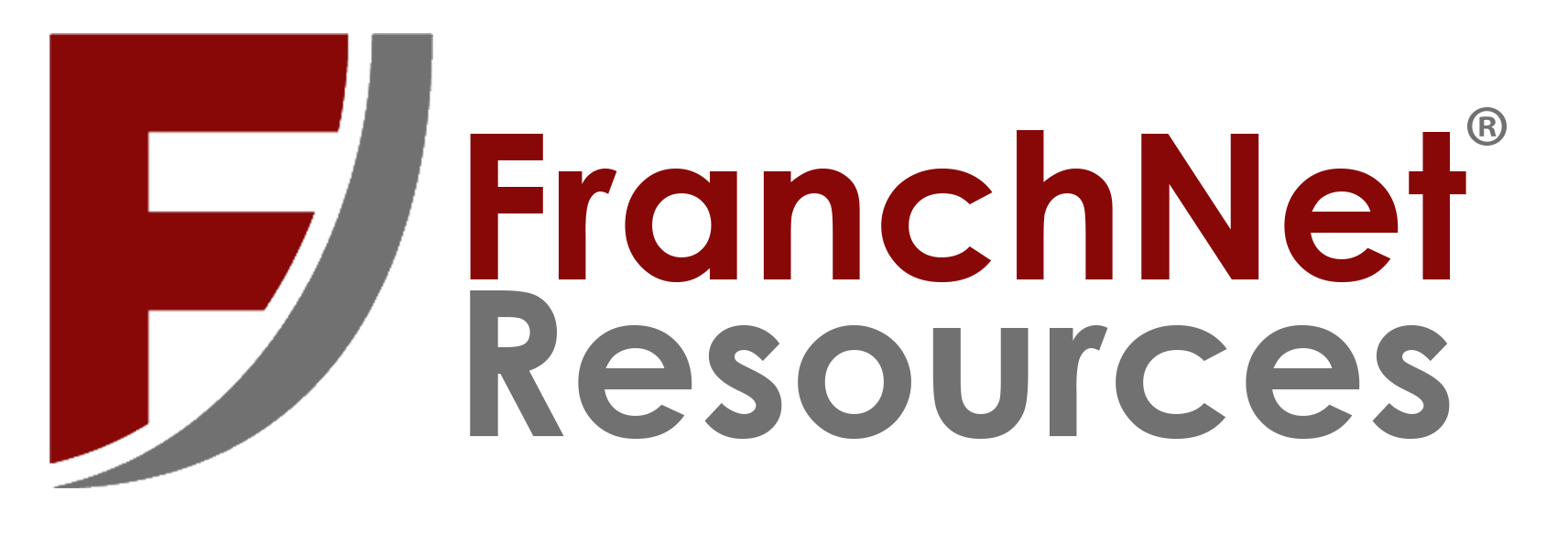
“How much does it cost to start a franchise?” is one of the most frequently asked questions by prospective franchisees. But the answer—as it rarely is—isn’t as easy as the question.
General Franchise Opening Costs
There are thousands of franchise opportunities out there, all with different execution requirements, some only requiring a few thousand to start. Some franchises require franchisees to have commercial property, some can be based from home. Some franchises need specialized equipment, others don’t. The area the franchise will be located will also have an effect on cost as well.
Check the franchise disclosure document (FDD) of a specific franchise brand for details on its investment costs, and don’t be afraid to ask the franchisor any questions you might have. The FDD is an invaluable resource to have as you put together your budget for franchise investment. You can request an FDD from a franchisor at any time but you must receive one to review at least two weeks before signing any contracts with a franchisor.
Within the FDD, the initial investment for the franchise is covered in detail within Items 5 and 7. Regardless of the franchise, there are some common costs involved with the purchase of a franchise. The first of those costs is the franchise fee.
The franchise fee is basically a cover charge for entry into a franchise system. Think of it as the fee you pay the franchisor for doing the legwork developing the brand, and saving you from many (not all) of the pitfalls that come with starting a business from the ground up.
Other common opening fees for franchises include:
- General office supplies and equipment.
- Industry-specific equipment.
- Leasehold improvements and construction, if real estate is needed.
- Signage and decor, if not a home-based franchise.
- Inventory (if needed).
- Professional fees (e.g. legal, licensing, accounting, etc.).
- Grand opening advertising/marketing.
Finding Loans for Your Franchise
Preparing for the Financial Search
Since most people can’t finance the full cost of a franchise on their own, a meeting with a financial institution like a bank or credit union will be in order for many prospective franchisees. Luckily, according to an editorial in Franchising World magazine, lending conditions have become much more favourable in the last five years.
Before meeting with potential lenders, it will be to your benefit to prepare your documents in advance. Not only will it help expedite the process, it will help you show the lender you can be trusted with the responsibilities of a franchise business. Lenders strive to take on as little risk as possible.
The first thing you need to prepare is a resume covering your personal background. Detail your educational and work history, along with your proof of residence. In addition, collect your personal (and business, if applicable) financial statements for at least the prior 12 months, including bank statements and credit statements. It’s also recommended you collate your tax returns for the prior three years.
When deciding whether to approve credit for an applicant, lenders often consider the following;
- Capacity:What is your ratio of debt to income?
- Capital:What other than expected income, in terms of savings, investments, etc., do you have that can help repay the loan?
- Collateral:Will the loan be secured or unsecured? If secured, what are you pledging ownership of that has value if you were to default on the loan?
- Conditions:How is the money going to be used?
- Credit history:What is your track record of making on-time payments?
Sometimes the information on one person can vary from bureau to bureau. If you find inaccuracies in any of your credit reports, you can have it corrected by contacting the appropriate bureau(s) with the contact information given on their respective websites.
Typical parts of a business plan include:
- An executive summary:An overview of the business plan and the goals you have for the business. Many have found it best to write this summary last, even though it’s presented first.
- A company (in this case franchise) description:Describe the franchise you want to open in detail.
- Market analysis:Tell about the business industry the franchise is a part of with special attention paid to how it will benefit your specific area. Outline your competitors and how you fit into the big picture.
- Management structure:Who are you as a business person? Give some background in this section. If franchise ownership is going to be a group effort, outline the organizational chart and who will play which role.
- Description of product or service:What are you selling specifically?
- Marketing and sales plan:How are you going to get people to know you exist? How are you going to get them to buy from you?
- Financial projections:This section should include at least a cash flow statement detailing your needs now and into the future, and revenue projections for at minimum the first year of operation.
- Funding request:Lay out a comprehensive statement of how much money you will need from the lender, including best estimates on when it will be paid back.
- Appendix:The appendix serves as the spot of items that don’t fit into any other section, but you feel is important to show lenders to give them a full picture of you and your goal. Items such as resumes, media clippings you might have, and pictures of potential sites can be here.

The franchisor is a great resource in completing this step as much of the needed information can be found in the FDD. Some franchisors even disclose potential earnings figures based on historical results from franchisees in the system (Item 19). Plus, some franchisors provide a business plan outline for prospective franchisees to use.
Family and Friends
There are two main ways prospective franchisees gain financing from family and/or friends. The first is having a family member or friend join in the franchise as a partner, sharing the financial and operational load of the business—and also the profits that come. The second is a family member or friend offers a loan, which the franchisee pays back.
Before accepting the money in either of these scenarios, create an agreement with all parties involved outlining the terms and conditions of the arrangement in writing. Strongly consider employing professional assistance from a lawyer in drafting the agreement so all parties are fairly protected.
Agreements with family members or friends shouldn’t differ in construction from agreements signed with ‘normal’ business partners. The goal is to have clarity on expectations beforehand to lessen the potential of hurt feelings down the road.

